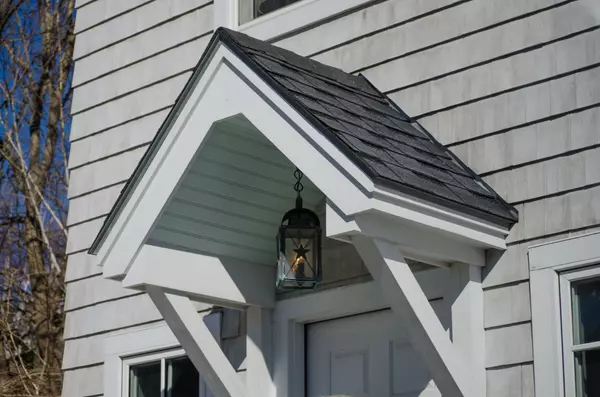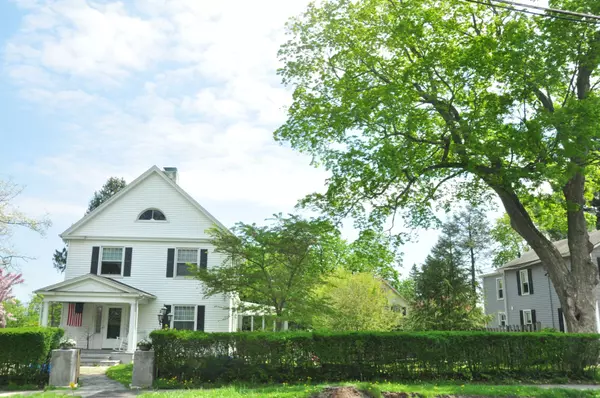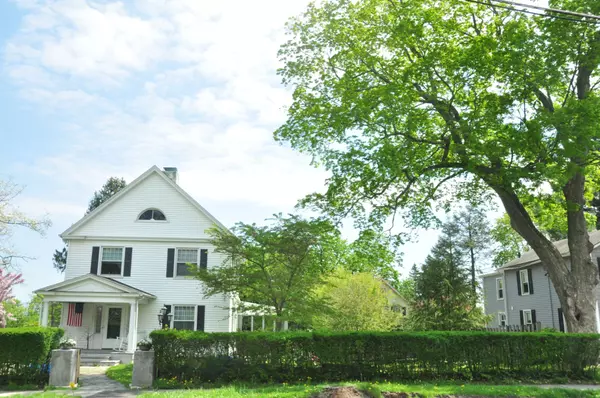
Difference between an APPRAISAL & ASSESSMENT
When it comes to buying or selling a property, there are two terms that are often confused with one another: appraisal and assessment. Understanding the difference between these two terms can help you make better decisions when it comes to investing in real estate. In this blog post, we will explore

How much does an Inspection Cost?
As a buyer, you may be wondering about how much an inspection would cost. Home inspections are crucial in the home buying process as they help identify any issues that may need to be addressed before closing the deal. But how much do inspections really cost? The cost of an inspection can vary depend

How much is a typical down payment in Maine?
When it comes to purchasing a home, one of the biggest hurdles for buyers can be coming up with a down payment. However, the myth that you need to put down 20% of the purchase price is just that- a myth. In Maine, there are plenty of loan options available that allow for down payments as low as 3-10
Categories
Recent Posts










